Undergraduate Public Health at UIC

Build a foundation in public health to create a healthier and more equitable world.
Quick links for admissions
About the field of public health
Public health is much more than addressing infectious diseases like COVID-19. Our students improve health equity for all communities, advocate for healthcare reform, fight for environmental justice and support the health and well-being of people around the world.
Strengthening health equity in our communities
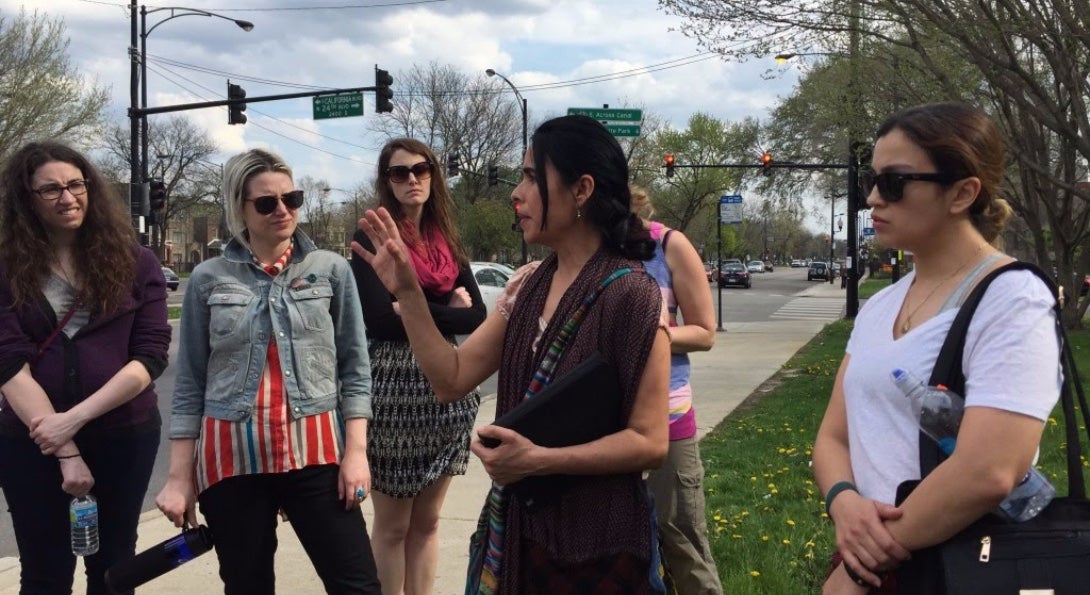
Health disparities are higher rates of illness, injury, disability or mortality experienced by one group relative to another. Closing the gaps in health disparities is a key part of community health work.
As a public health student at UIC, you will actively investigate the drivers of health disparities and ways to address them. For example, students have examined how lack of access to housing can create physical, mental and emotional health problems. Whatever your passion, community health work positions you to directly address health challenges that face your neighborhoods and social circles.
Climate change and pollution are driving poor health outcomes
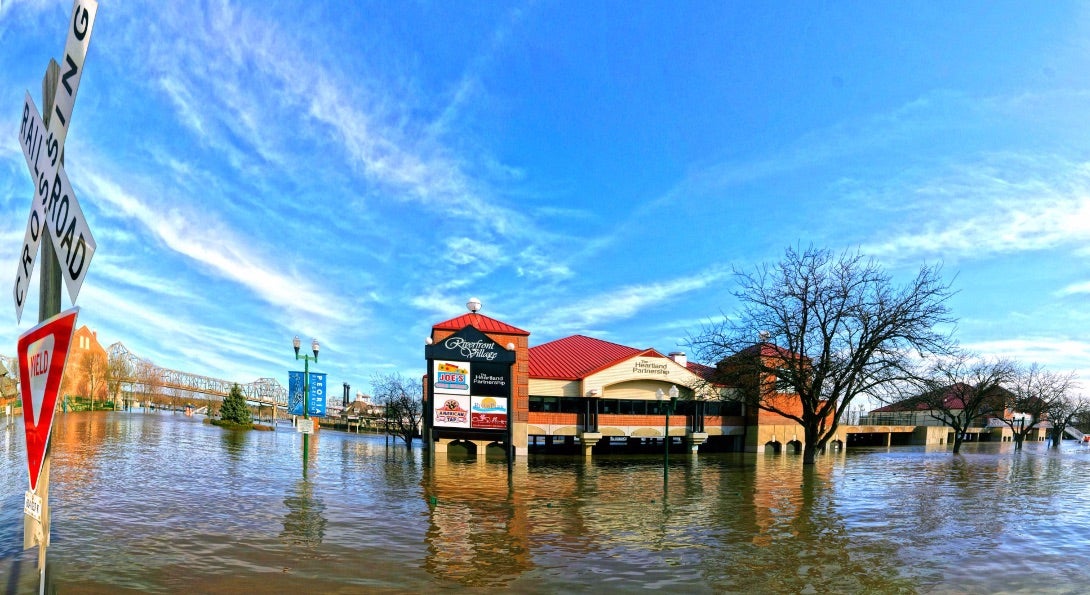
The water we drink, the air we breathe, the soil we build our homes on: all have impacts on human health. Many communities have poor health outcomes due to the disproportionate burden of contamination and general pollution. A distressed environment can lead to increased health disparities and inequities in communities, and climate change’s disproportionate impact is increasing health risks.
In our Local Citizenship and Community Health Initiatives class, professors Laurel Berman and Serap Erdal teach undergraduates the basics of community engagement through a social and environmental justice lens. Students learn how where we live, work and play, known as the general environment, impacts health and influences how public health professionals work with communities to address environmental health challenges.
Policing is a community health issue
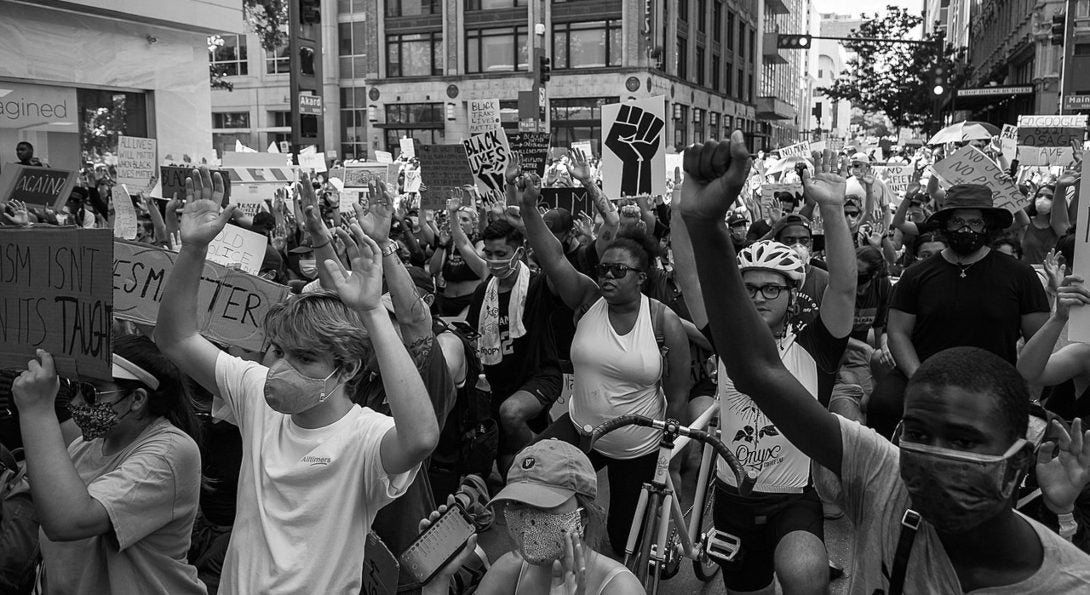
For every George Floyd and Breonna Taylor, there are thousands of Americans who are injured in interactions with law enforcement each year. Your public health education can prepare you to work in public policy or enter law school to address these injustices.
At SPH, our Law Enforcement Epidemiology Project is building a nationwide database for tracking civilian injuries and deaths from police encounters. Professor Sage Kim, who teaches in the undergraduate programs, is investigating how police hypersurveillance impacts the health of people in Chicago neighborhoods. And during the pandemic, we have advocated for local and state governments to fully commit to the health and safety of people who are incarcerated.
Healthy food for all requires a social justice lens
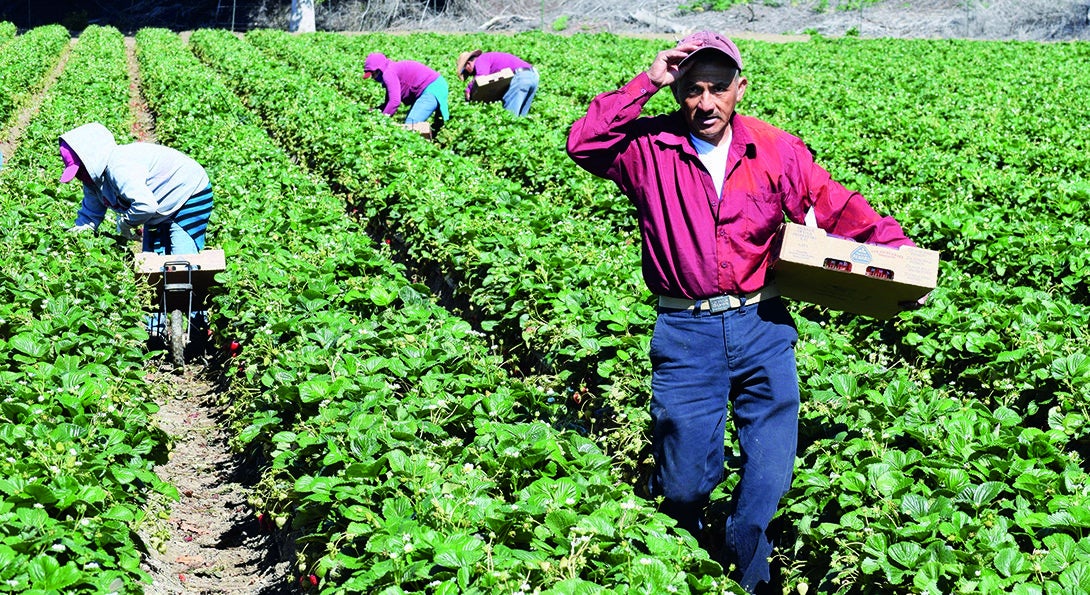
Food is vital and essential for our health, but what about the workers who produce our food? Migrant agricultural workers spend long hours harvesting our food often facing hazards – exposure to pesticides, chronic injury, temporary work and low pay are some of the challenges public health seeks to address.
UIC public health students recently addressed food insecurity and food production with a community project called Power to the Pantry. With guidance from faculty Joseph Zanoni, a researcher with SPH’s Center for Healthy Work, students explored how to promote safe, healthy working conditions and fair compensation for all food chain workers from production to consumption, while building stronger access for our communities to fresh, healthy and locally produced foods.
Fair wages and safe workplaces are values public health experts are fighting for
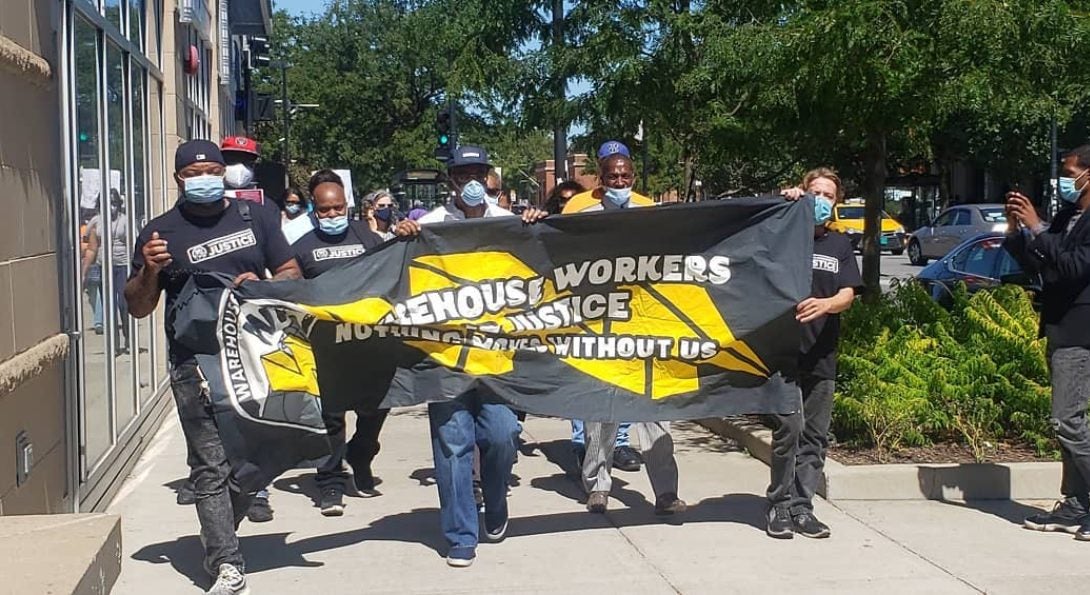
The COVID-19 pandemic introduced the concept of “essential workers,” but all too often, the rights and needs of workers of all types are not met. At SPH, we advocate for healthy work, particularly for people working in roles that earn low incomes and little job security.
The School of Public Health is home to one of only ten nationwide Centers of Excellence for Total Worker Health, which aims to establish work opportunities for all that are free from workplace hazards, pay a thrivable living wage, offer job security, provide benefits such as health insurance, vacation, sick leave and retirement, are free from discrimination and exploitation, offer opportunities for promotion and provide freedom of expression and participation in workplace decisions.
Physical, mental and emotional well-being are at the forefront of public health
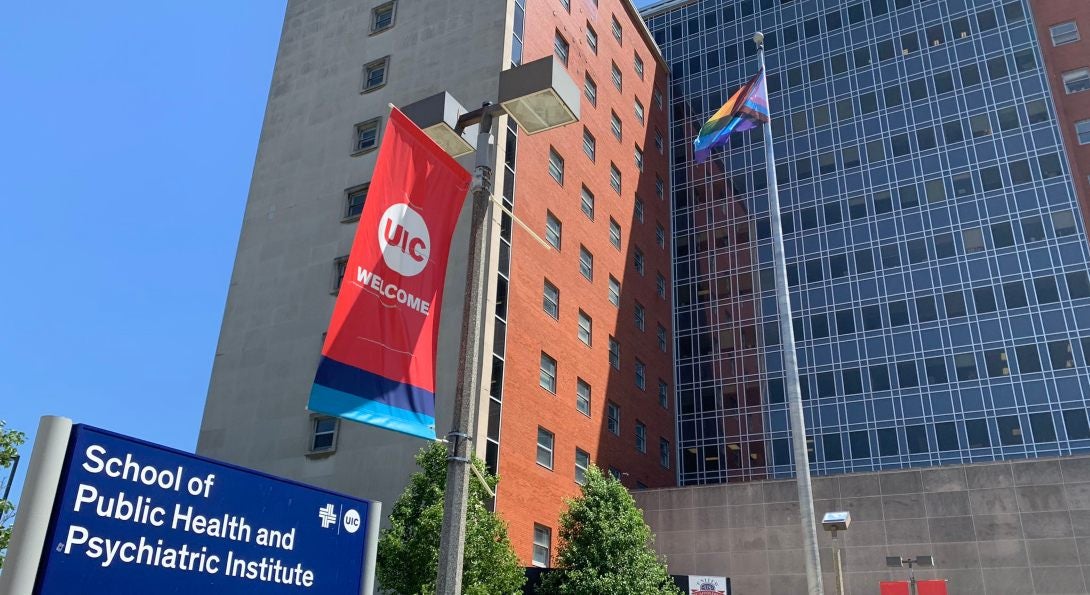
While LGBTQ+ rights have advanced in the U.S., from a global health perspective, health challenges for people who are LGBTQ+ can be challenging to address in the face of social, political and economic barriers.
The School of Public Health is addressing these issues in Chicago neighborhoods and around the world. For example, SPH researchers are examining best strategies to support students who are LGBTQ+ in Chicago Public Schools. In SPH’s Kenya Program, SPH faculty and students are co-leading partnerships with local community-based organizations to mitigate HIV risks for at-risk populations in Kenya’s third-largest city.
Pride Points
-
9 th National ranking of the bachelor's program by College Choice's most recent rankings.
-
18 th National ranking of the UIC School of Public Health, by U.S. News and World Report.
-
16 th UIC's national ranking for social mobility, by U.S. News and World Report.
More pride points
-
56 % of SPH undergraduate students are under-represented racial and ethnic groups.
-
# 9 Best value for undergraduate degrees, according to the Wall Street Journal.
-
84 % of graduates are employed or seeking higher education within a year of graduation.
Quick Links
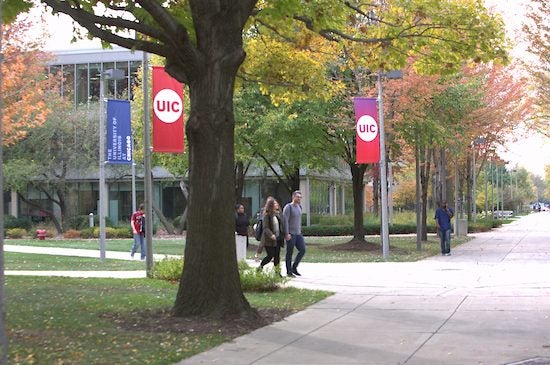
BA in Public Health Degree
The Bachelor of Arts in Public Health is designed for public health students who are interested in addressing the social determinants of health. Students in the BA select a focus of study that reflects their own individual interests and builds their practice of public health. The program prepares students to assume a wide variety of jobs and roles in public health. Graduates work in governmental public health, for health agencies and associations, for faith-based agencies and programs, and for educational institutions managing projects, contributing to research and organizing community efforts.
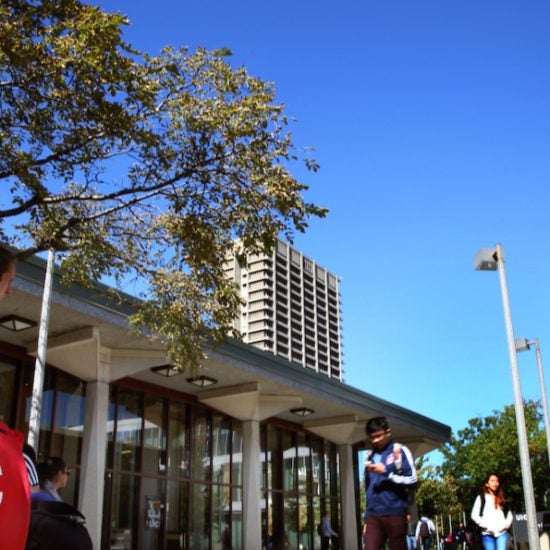
BS in Public Health Degree
Students who perform well in science and math classes and are interested in careers in clinical health sciences are a good fit for the Bachelor of Science in Public Health. Students in the BS trajectory are expected to fulfill their selectives and electives with STEM courses. Graduates are likely interested in developing research skills or pursuing graduate studies in environmental health, epidemiology, occupational health, medicine, dentistry, veterinary science, nursing, pharmacy or other STEM disciplines.

Minor in Public Health
The Minor in Public Health is designed for students in any other major who would like to complement their studies with 15 hours of public health courses. Any student with a 2.50 GPA and permission from the student’s academic college can enroll in the public health minor. After taking core courses, students choose two selectives from upper level public health courses.
Alumni in the Field

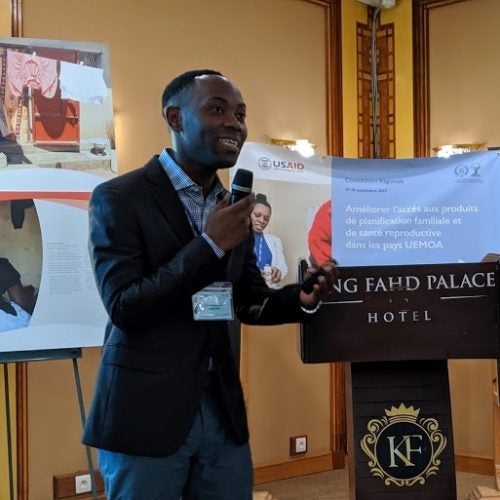
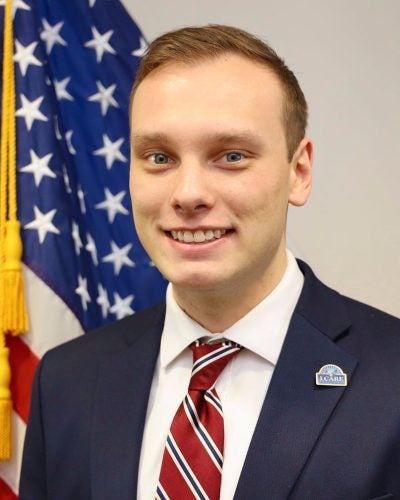


How we addressed the challenges of COVID-19

“I was able to relate course material, connect with professionals and take part in a real impact on my city. It was interesting to see how the operations of federally qualified health centers differed from our expectation and the efforts of local and state governments. Noting the strengths and shortcomings of these responses fortified my interests in the healthcare field.”
| Federally qualified healthcare centers COVID-19 testing capacity study
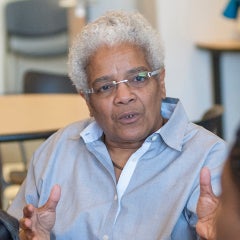
“The pandemic is taking the covers off of the worst parts of our society, and hopefully with those covers removed, we can all work together to make a better country.”
| Undergraduate program faculty, health policy and administration

“Whether we’re dealing with a pandemic or attempting to dismantle the health inequities that plague Chicago, people need a unifying message on how these issues will be addressed.”
| Illinois Department of Public Health crisis hotline volunteer
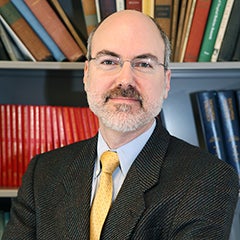
“If we can get more control of this, then we could get back to every case, finding who are their most likely contacts and restricting them in some way so they can’t go on and become that that next case that transfers yet again to somebody else.”
| Undergraduate program faculty, epidemiology
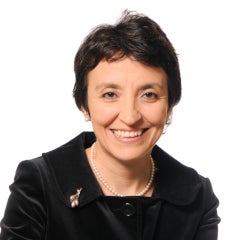
“As a precautionary measure, we should be doing everything we can to reduce pollution in areas where it already poses a risk. It would be an appropriate response to the pandemic.”
| Undergraduate program faculty, environmental and occupational health sciences

“Fundamental social inequalities, including economic disadvantage, racial discrimination and spatial exclusion have dismantled community capacity, and residents in highly segregated, disfranchised neighborhoods are exposed to prolonged social stress. These social factors result in health disparities in the pandemic we see in cities like Chicago.”
| Undergraduate program faculty, health policy and administration